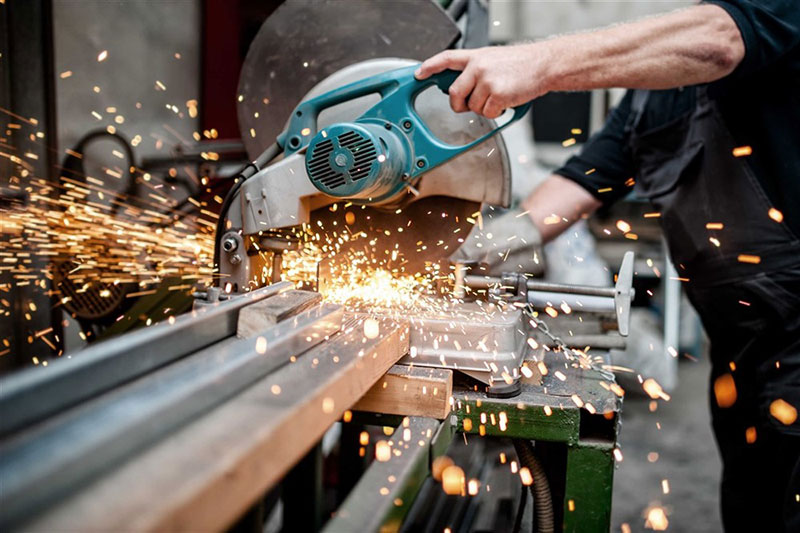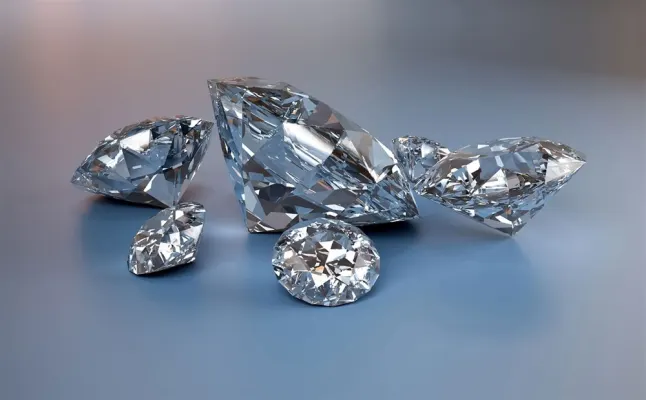Are Diamonds Worthless or Totally Worth it? | Rare Carat
Many have heard or read some tabloid articles stating that diamonds are worthless and that a cartel actually sits on a throne, made up of a stockpile of millions of diamonds. Perhaps some well-meaning acquaintance tells you that diamonds are a massive scam and the rings in the displays are actually worth as much as dirt. So you cautiously type in these words into the search term and boom: pages after pages that all state the same thing. You think about that ring and fear the worst.
However, just as Abraham Linclon's famous words of warning, “ do not trust everything you read on the internet,” you too should be skeptical about these articles. To summarize their main talking points, they state that diamonds are intrinsically worthless, DeBeers has a stockpile for global price manipulation, and that diamonds have no resale value. Let's look at these claims rationally on some simple 2 minutes Google search and some common sense.
Are gem-quality diamonds intrinsically worthless?
The first claim that diamonds are intrinsically worthless is a cherry-picked statement. Diamonds, along with many other materials, do not have an intrinsic value, but this does not mean they are worthless, that statement is untrue for both jewelry diamonds and industrial diamonds.
For gem-quality diamonds that you put in rings, the value comes from the value we assign to them as a society. On a deserted island, a gem diamond is not going to do you much good, but neither is a bar of gold, a pile of cash, or a Picasso painting. However, we know these objects have value because we collectively believe they have value. So unless you live on a deserted island isolated from society, diamonds do have value, even if it is assigned by us.
What about industrial quality diamonds, are they worthless?
For industrial quality diamonds, the material itself is not just valuable, but very useful! Diamonds, being the hardest naturally occurring material on the planet, are indispensable to anything involving cutting, drilling, and grinding. Look all around you, every building has a bit of diamond-elbow-grease to it! Diamonds are also resistant to high temperature and pressure (that is how they are formed after all) making them ideal vessels for scientific research involving high temperature and pressure. Have you ever seen a movie where they need a diamond for that fancy laser? Not terribly far from reality.

Are diamonds run by a cartel?
Many people still believe that diamonds are controlled by one company and the price we pay for diamonds is basically extortion. First, DeBeers has lost its monopoly on diamond production since 2000 (more than twenty years now!) after Canada, Australia, and Russia started supplying their diamonds to the market. As of 2020, the total carats of diamonds mined in Russia are almost 4 times that mined in Botswana (one of DeBeers' main mines). So, no, it's not a monopoly. Case closed.
Diamond Resale Value
Lastly, diamonds have always had resale value. Ever heard about those auction houses shattering records and selling the most expensive diamonds? The wealthy have always turned to auction houses to resell their gems since the auction houses became a thing in 1674. Everything from multi-million dollar diamonds, to warehouses full of dusty heirloom jewels, have been auctioned off. Surprisingly, many of the pieces offered have a very approachable price point of a few hundred dollars.
What if your jewelry is not accepted at an auction house?
You still have many avenues left to sell your diamond. With the rise of second-hand luxury platforms, buying and reselling diamonds has never been easier. Some have full teams, including gemologists to catalog the piece, a photographer to make it look amazing, and a logistic specialist doing all the work for you to sell for top market value. Entire new branches of the industry are rising to meet the demand for reselling diamonds, a testament to the value of fine jewelry!

So what should we do?
Your diamonds are far from being worthless and these rumors need to stop. The best way to buy diamonds is to compare the price of one diamond to another of very similar quality to see if the offer is a good one. A lot of details go into pricing, proportions, fluorescence, and other tiny elements, so definitely get the help of a gemologist to ensure you are comparing apples to apples. Make sure it's been graded by a reputable lab like the GIA or AGS, and lastly, always purchase from a reliable jeweler!


Diamonds’ Value FAQs